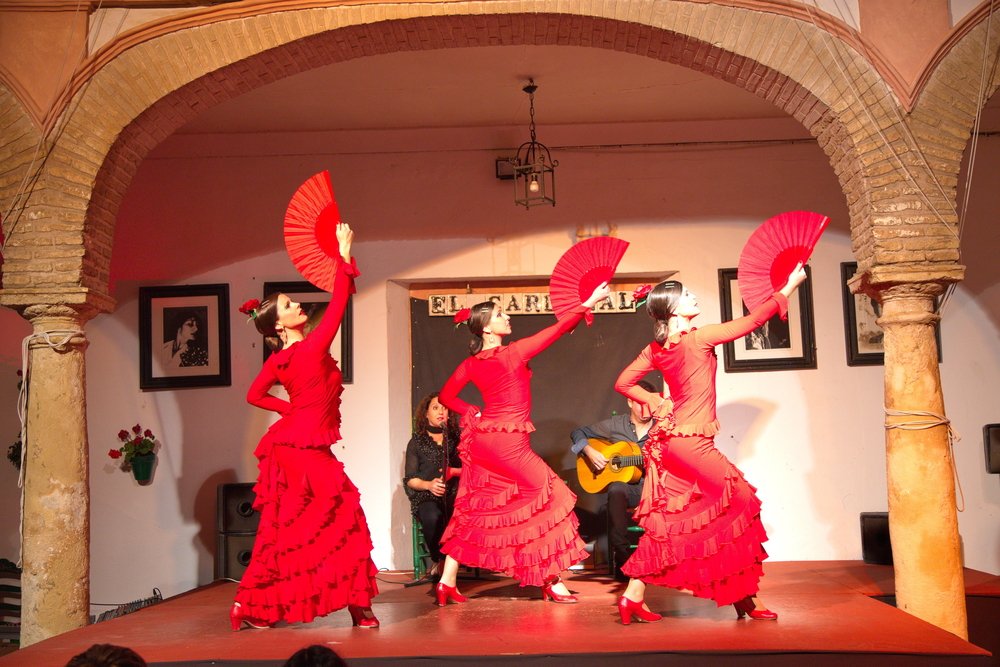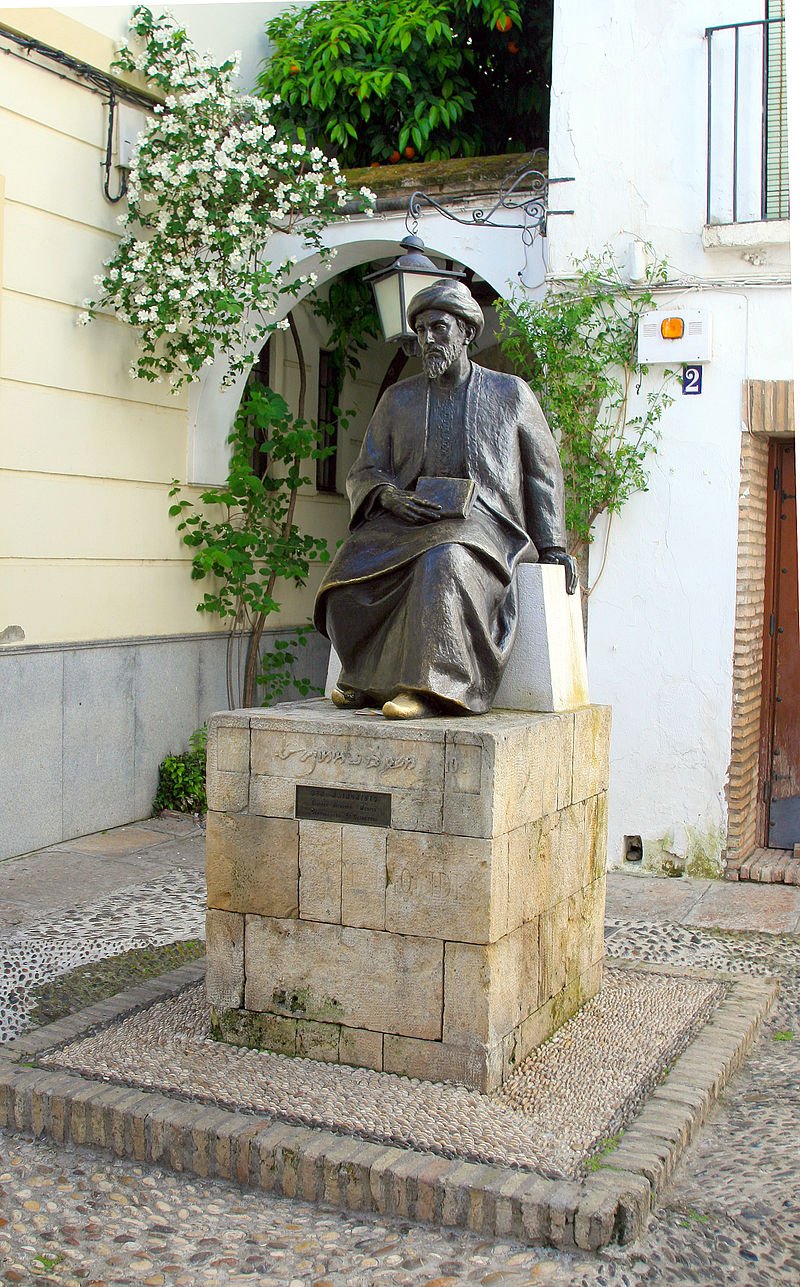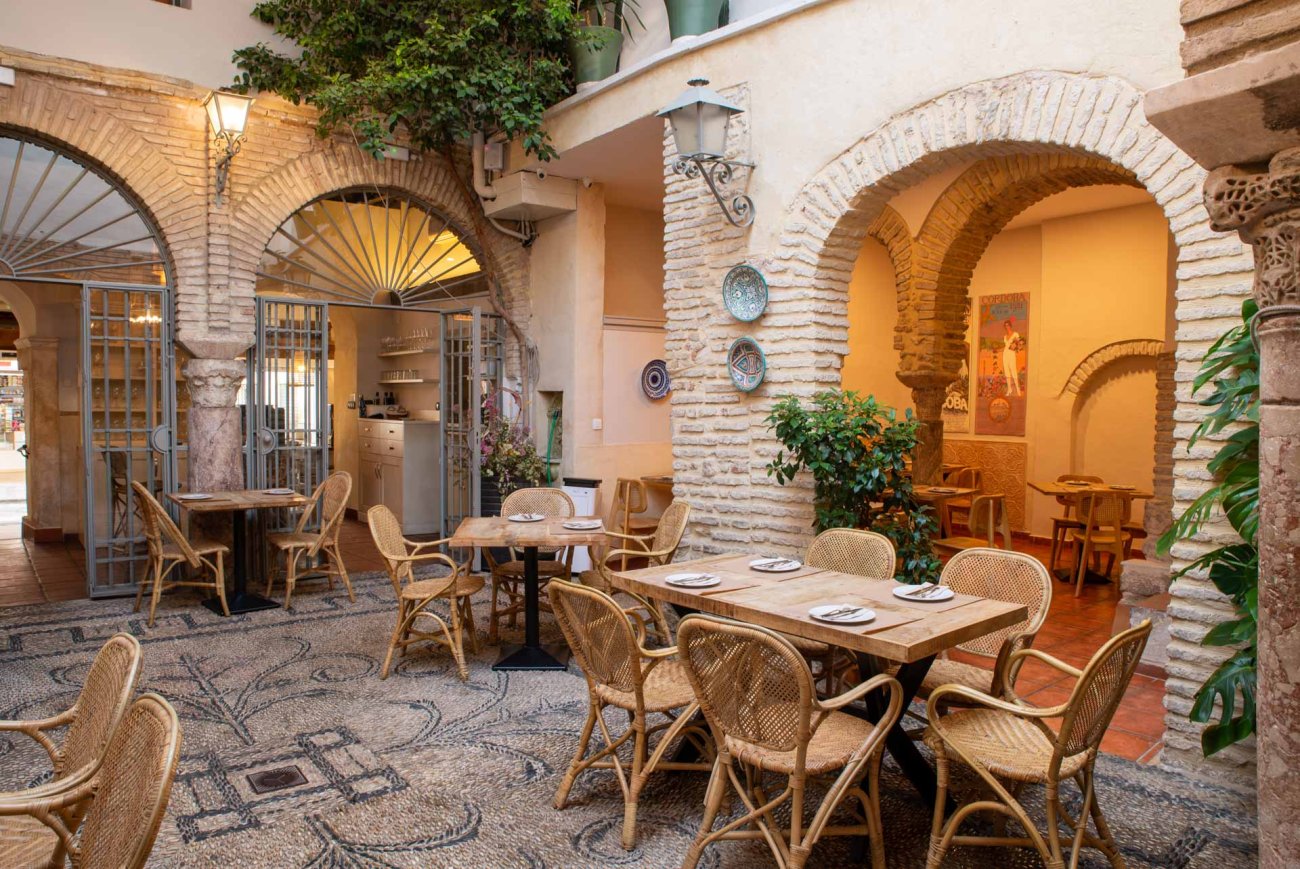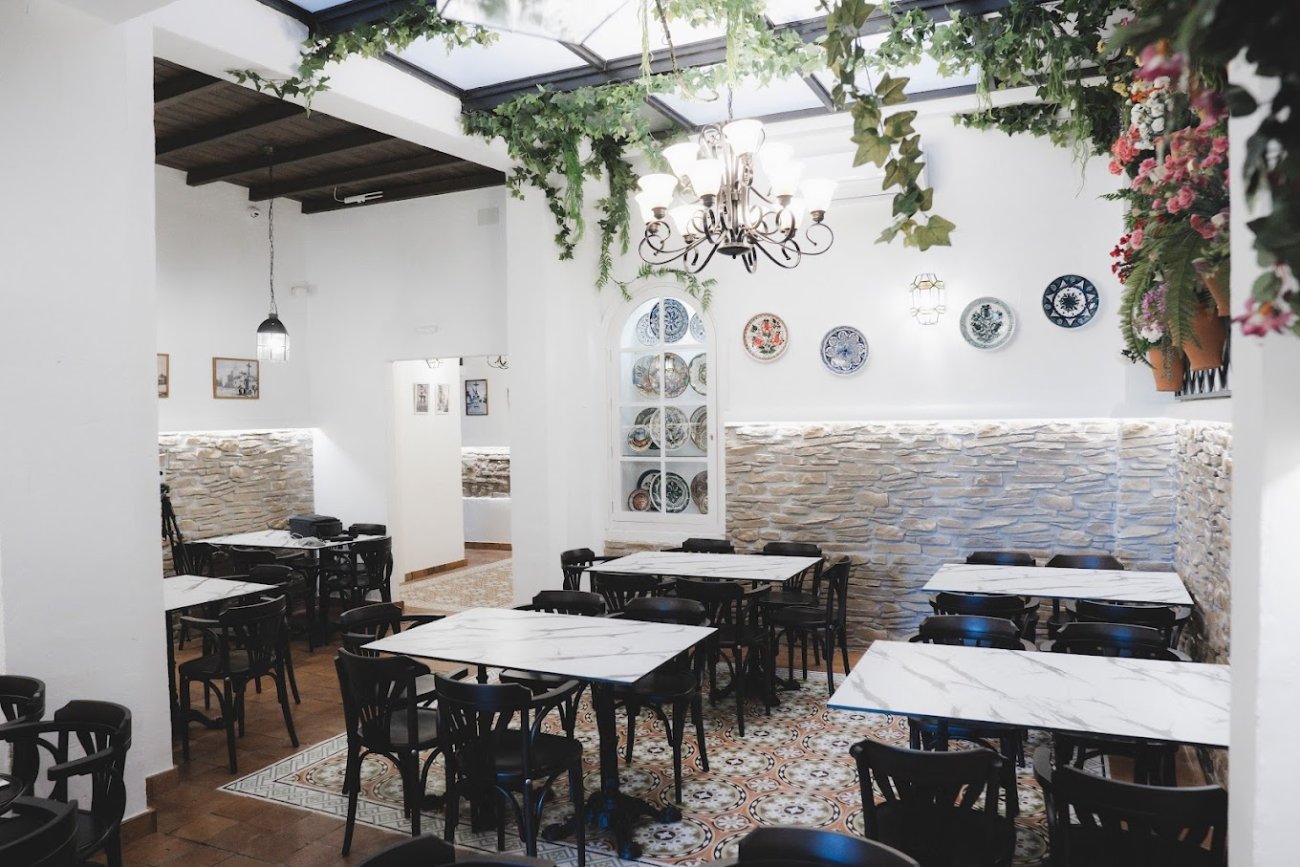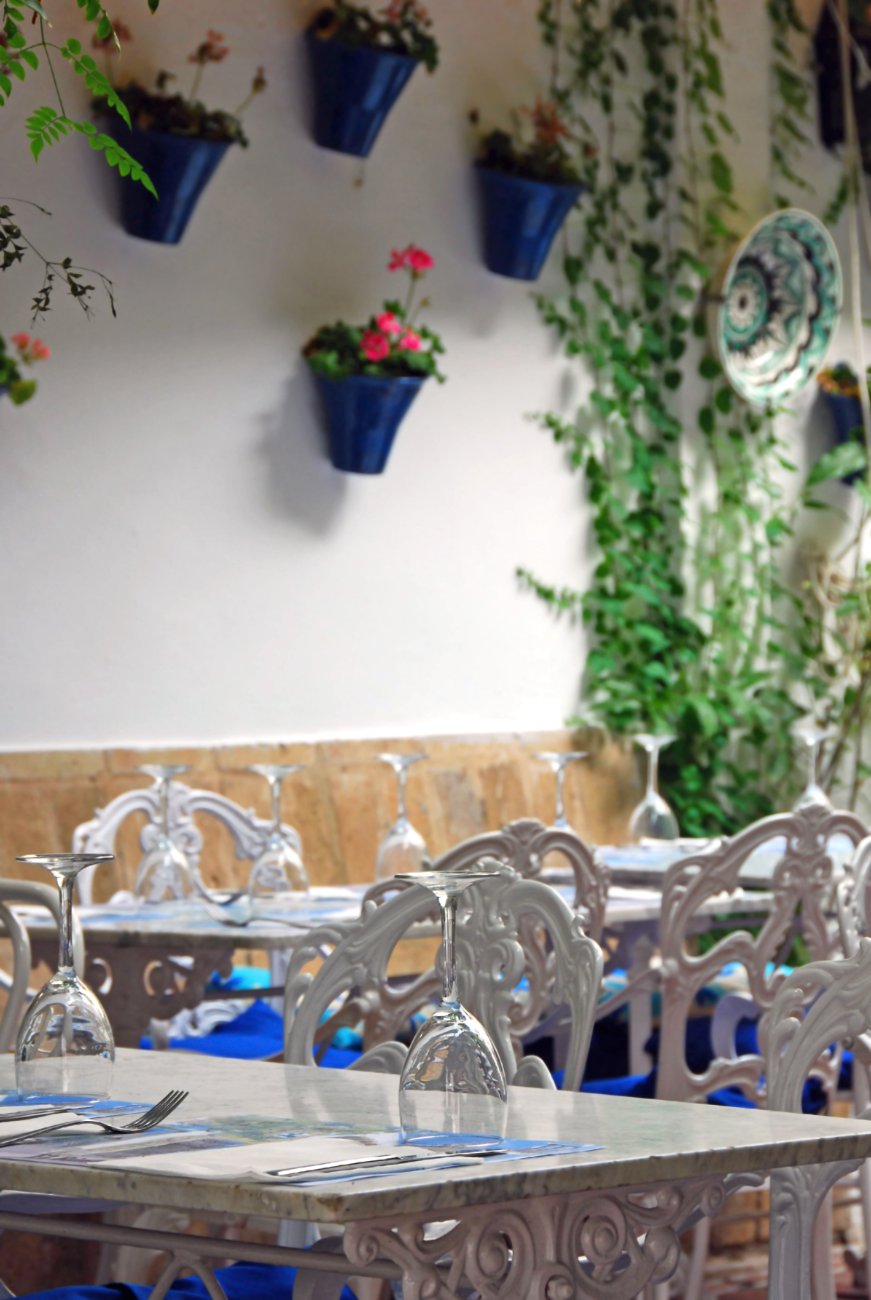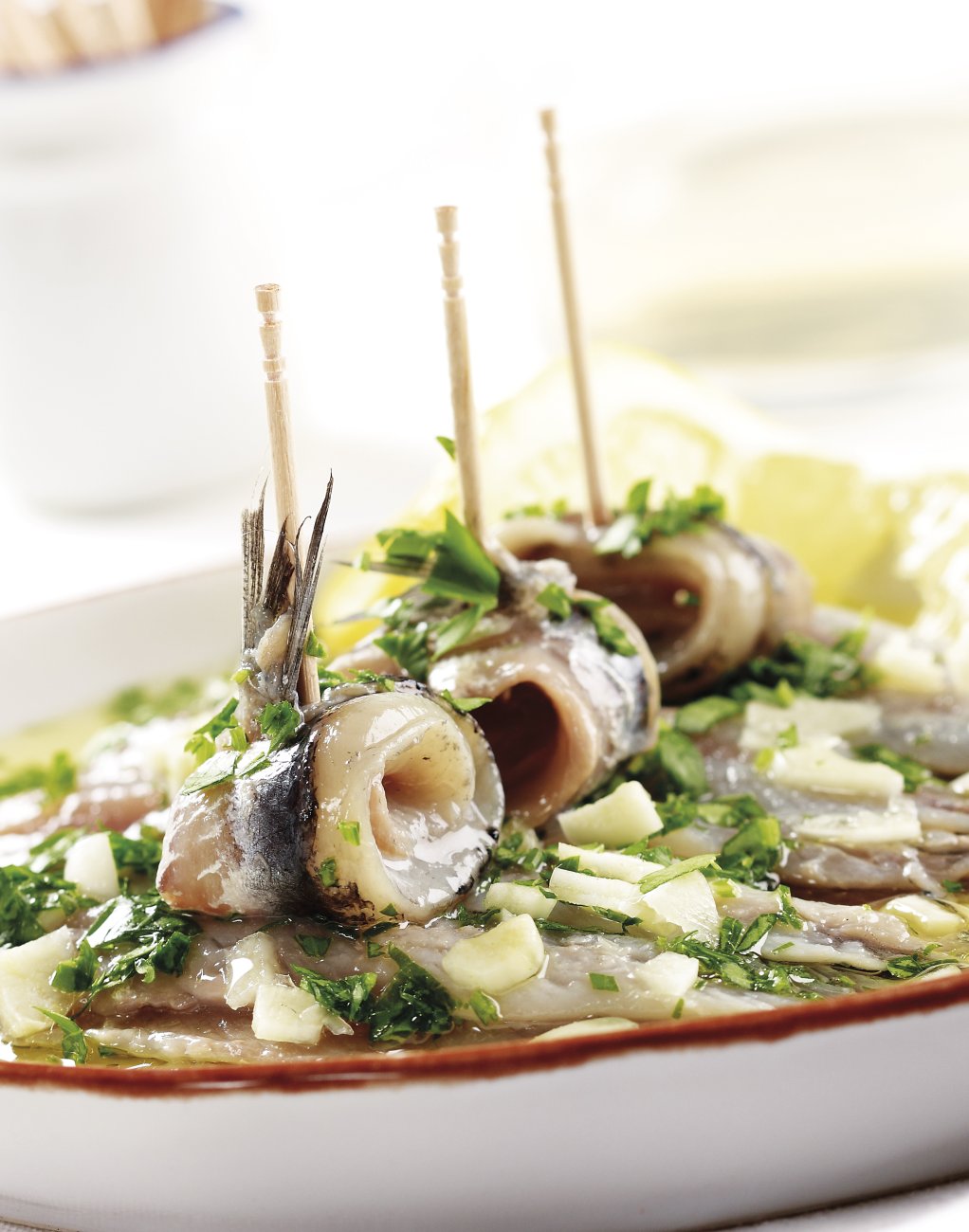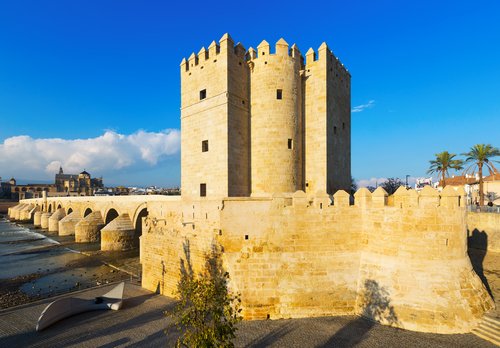Maimonides was born in Córdoba at the end of what has been called the golden age of Jewish culture in al-Andalus, into a distinguished family through the paternal line. Their ancestors were rabbinic judges, scholars, and community leaders, with a lineage dating back to Rabbi Yehudah Hanasi, editor of the Mishnah in the second century. On the other hand, his maternal family came from a more humble origin; His mother, who died in childbirth, was the daughter of a butcher, and his father remarried after her death.
From an early age, Maimonides began his studies of the Bible and Talmud in Córdoba, as well as immersing himself in philosophy and science, especially through classical Greek works translated into Arabic. He also became deeply interested in science and Islamic culture. Although Maimonides rejected mysticism, his philosophy showed some influences from this approach. He also dismissed poetry, considering it as something not beneficial to human beings, believing that it was based on the imagination. His Torah studies were guided by his father, Maimon, who had been a student of Rabbi Joseph ibn Migash, trained in Lucena.
Exile became a reality for Maimonides and his family when the Almohad Caliphate conquered Córdoba in 1148, removing the privileges of non-Muslims and triggering forced conversion, exile or even death for Jewish and Christian communities. After a period of wandering in the south of the Iberian Peninsula, the family settled in Almería, where they remained until the city fell to the Almohads in 1157. At that time, like many other Jews, they opted for exile. Maimonides is believed to have faked a conversion to Islam during his escape, but this supposed conversion was revoked once he arrived in Egypt.
After leaving the Iberian Peninsula, Maimonides probably moved to French Provence before heading to the Maghreb. He spent five years in Fez, Morocco, before being forced to emigrate again due to Almohad hostility toward Jews. During this period, he published his acclaimed commentary on the Mishnah between 1166 and 1168. He then traveled with two of his sons by ship from Morocco to Crusader-held Acre and visited several holy cities before finally settling in Cairo in 1168.
In Egypt, Maimonides continued his studies and distinguished himself as a doctor, becoming the personal physician of the Grand Vizier Al-Qadi al-Fadil and, later, of Sultan Saladin and his family. His medical experience led him to write influential treatises on a variety of diseases and to adopt a perspective that emphasized moderation and a healthy lifestyle. He was also noted for his compassion and care for patients, despite his own grueling routine. Despite his busy life as a doctor, Maimonides also devoted himself to teaching and wrote extensively on Jewish law and philosophy, establishing himself as an intellectual and spiritual leader in the Jewish community of Cairo.
The death of his brother David, who drowned while attempting to make a trading voyage to India, was a devastating blow to Maimonides. He became seriously ill and suffered great emotional loss from the tragedy. Despite this personal tragedy, Maimonides continued to play a prominent role in the Jewish community and at the Egyptian court.
Maimonides died on December 12, 1204 in Cairo, leaving a lasting legacy as a philosopher, physician, and community leader. His works continue to be studied and admired for their intellectual depth and influence on multiple fields of knowledge. His tomb in Tiberias, Israel, remains a place of pilgrimage for those who wish to pay homage to one of the greatest Jewish thinkers in history.
